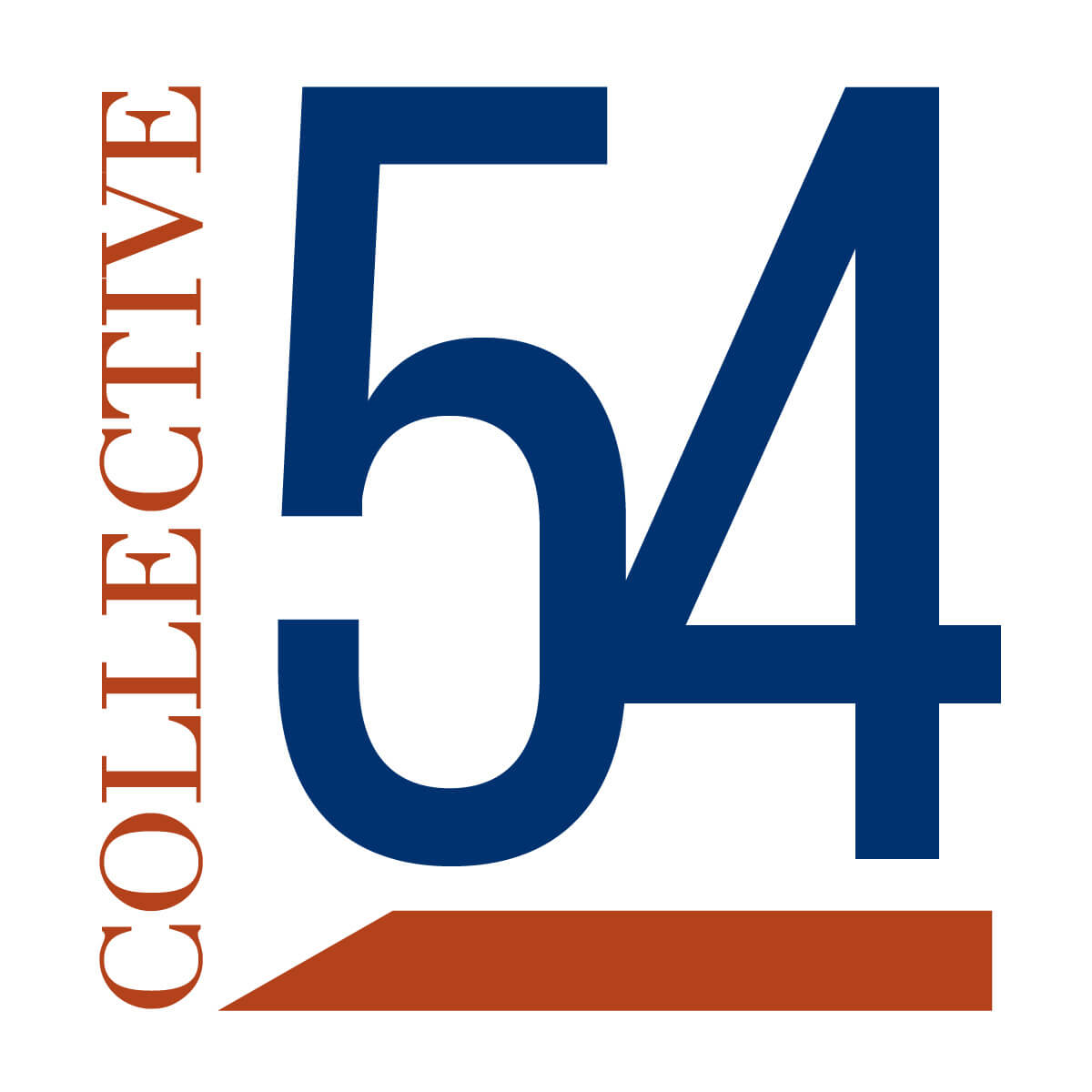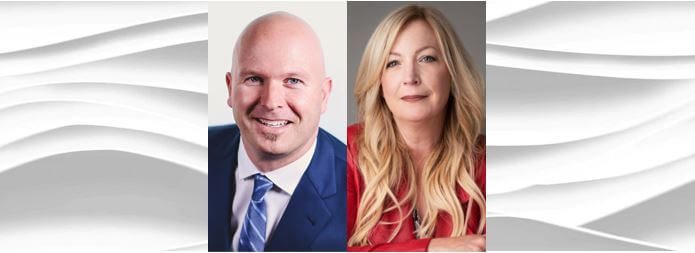The Unseen Consequence of Neglecting Sales & Marketing: A Wake-Up Call for Custom Software Development Firms
The year is 2023, and the global economy, relentlessly stirred by fluctuating trends and financial pressures, has dealt a heavy blow to professional service firms—particularly the custom software development houses.


